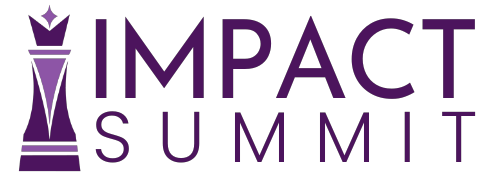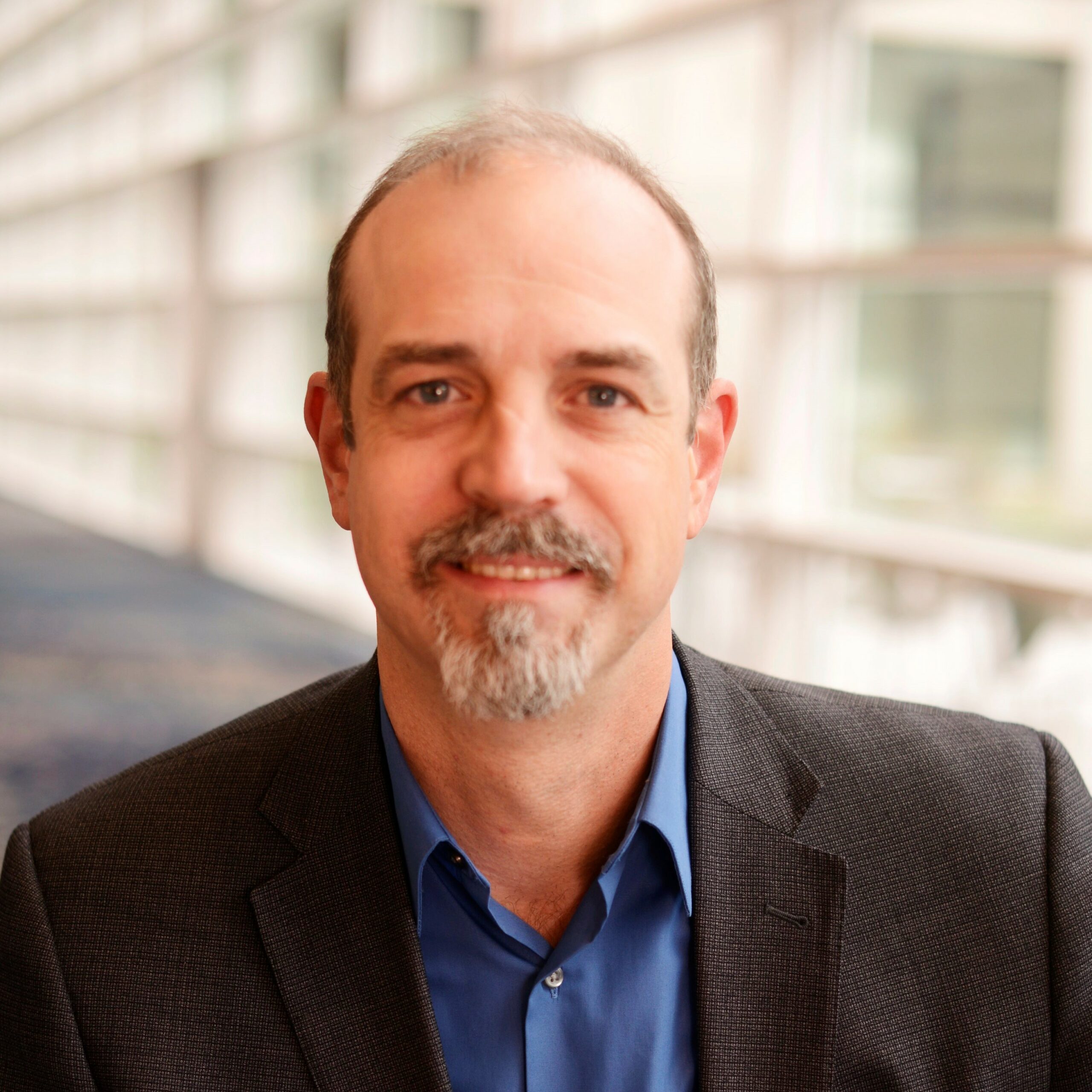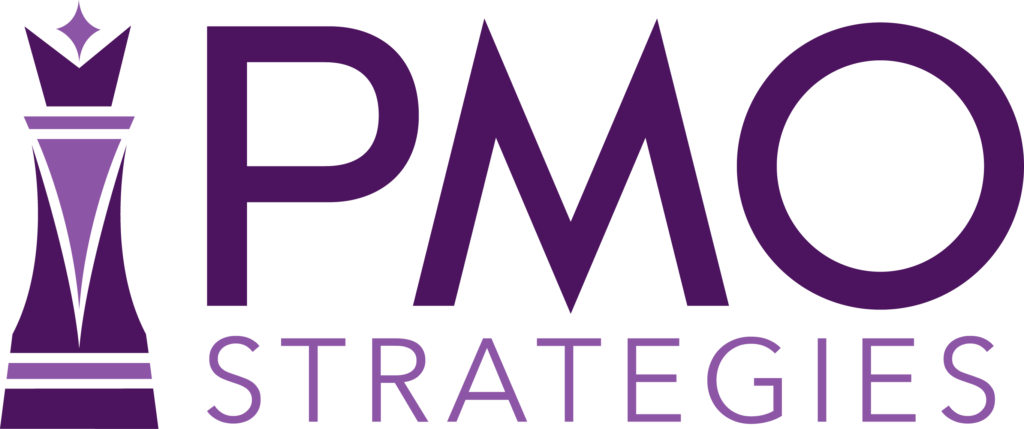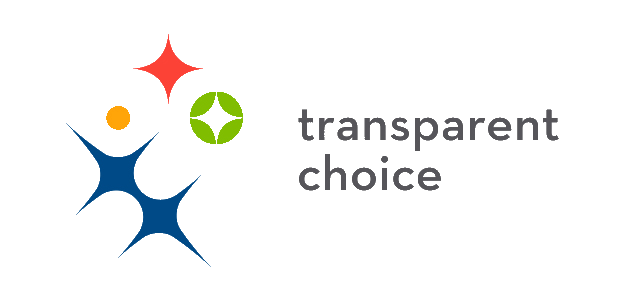
Humans, by our physiological and social nature, are adverse to change within our environments. Our neural structures and habituated systems block change. Our social structures affect normative pressure toward ‘sameness’. We seek rational self-interest – the ability to survive. Yet Thriving requires higher-order, slow neural processes, and approaches to a problem or opportunity adoption. The slow response leads to innovation that affects successful social evolution.
In a world of fast-paced technological and social change, our fast response neurological systems take charge and we have the tendency to follow rather than lead. Humans socially develop the processes and tools that assist us to accept and adopt change.
PMI and other organizations have more recently in human history categorized the processes and labeled them as best practices, often without an understanding of the underlying human factors. The evolution of PMO’s introduce the social and organizational elements of change, and still projects can fail because the individual and cultural elements are omitted (typically due to lack of knowledge or understanding). During our time together, we will work together to aid attendees to grasp initial insights and acquire some resources that will aid them to better incorporate a mindset that recognizes the natural chaotic response to change, and to start an approach to better establish Thriving projects.

PMI Talent Triangle: Business Acumen (Strategic and Business Management) [ PDU]











